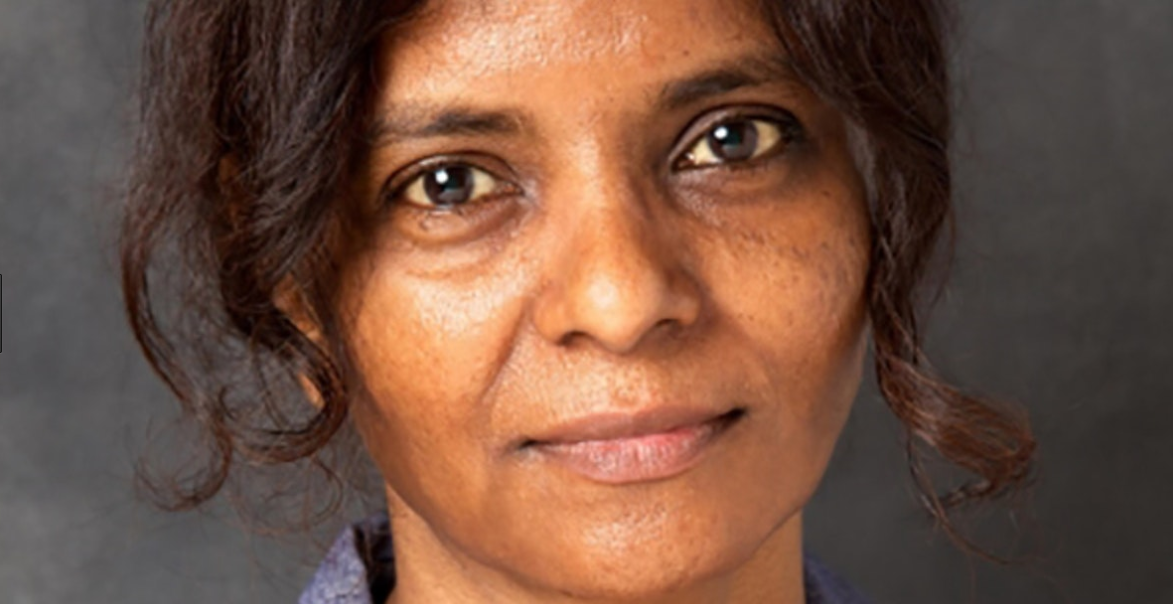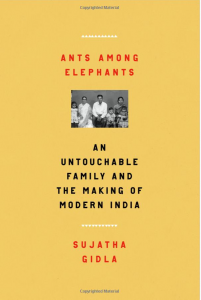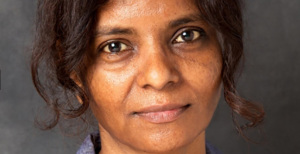
Caste sytem: the plight of the untouchables


India, Sujatha Gidla was influenced by tales of her uncle, the Dalit revolutionary, port and Naxalite leader KG Stayamurthy. Gilda who grew up in the untouchable slum of Elwin Peta in Kakinada, Andhra Pradesh, South India. “When you are surrounded by so much misery, you don’t see it as an extraordinary,” and according to her it took extreme poverty to shock her, but being untouchable was part of life as “In your own town or village, everyone already knows your caste: there is no escaping it.”
Caste is taboo derived from the discerned family name and not from skin colour. “ You cannot tell them your stories, your family’s stories and about your life as it would reveal your caste. Because your caste is your life, your life is your caste”.
According to Sir Vidiadhar Surajprasad Naipaul, “ What cushion has caste provided to these deprived classes in bad times?”. The caste system had been a fascination of the British since their arrival in India. Coming from a society that was divided by class, the British attempted to equate the caste system to the class system. In 1937 Professor T.C. Hodson stated that “ Class and Caste stand to each other in the relation of family to species. A pigment of the intolerant pride of the Brahman rests upon a foundation of fact which scientific methods confirm, that it has shaped the intricate grouping of the caste system and has preserved the Aryan type in comparative purity throughout Northern India. A classification based on descent and occupation, the caste system has been India’ sown variety of racism. The brahmins who consider the lowest castes to be untouchables.
Caste system was like this for her across India from Andhra Pradesh to Punjab, Mumbai, Delhi, Kanpur, Kolkata. These rules governed what Gilda’s family and other untouchable could eat, where and how they could live, what work they would do, whom they could marry, befriend or speak to. As they had access to education through a Canadian Missionaries which ran a school and Gidla became an engineering student. At the age of 16 she joined the People’s war group which waged armed struggle, and a college student she was imprisoned and tortured for several months. She successfully completed her physics degree at Warangal with tuberculosis, under police surveillance and then went on to study at the prestigious Indian Institute of Technology. In the US, she started life as a subway conductor taking back her life story and her family’s histories until she could write them with authority.
Gilda researched for years the lives of her ancestors.
Ants Among Elephants: An Untouchable Family and the Making of Modern India by Sujatha Gidla, Farrar,Straus, and Giroux $28 320 pages.
